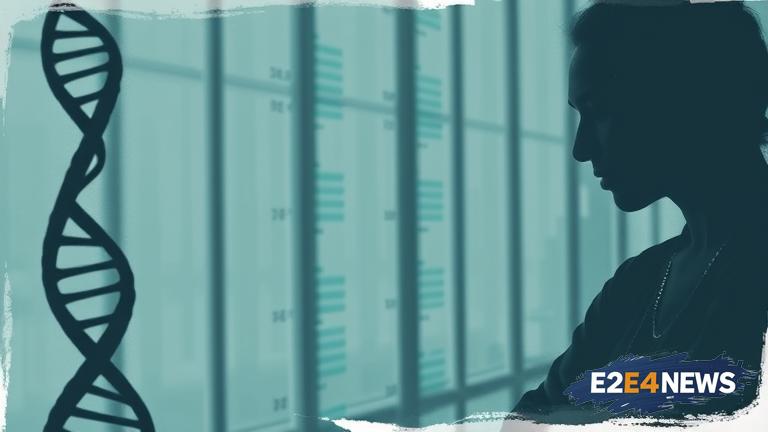The use of DNA evidence has led to the exoneration of numerous individuals who were wrongly convicted of crimes they did not commit. However, a closer examination of these cases reveals a disturbing trend: racial disparities in DNA exonerations. According to recent studies, African Americans are disproportionately represented among the wrongly convicted, with many being exonerated through DNA evidence. This phenomenon has sparked concerns about racial inequities in the US justice system. The National Registry of Exonerations has reported that African Americans make up approximately 13% of the US population, but account for nearly 50% of all exonerations. This disparity is particularly pronounced in cases involving violent crimes, such as murder and rape. Furthermore, research has shown that African Americans are more likely to be misidentified as suspects, and are often subjected to coercive interrogation techniques that can lead to false confessions. The Innocence Project, a non-profit organization dedicated to exonerating wrongly convicted individuals, has reported that nearly 70% of its clients are African American. The organization has also noted that racial bias can occur at various stages of the justice system, including during police investigations, prosecutorial decisions, and jury deliberations. In addition, the use of questionable forensic evidence, such as bite mark analysis and hair comparison, has been linked to numerous wrongful convictions. The consequences of these racial disparities are far-reaching, with many wrongly convicted individuals spending decades behind bars before being exonerated. The emotional and psychological toll of wrongful convictions can be devastating, with many exonerees struggling to rebuild their lives after release. The financial costs of wrongful convictions are also significant, with some estimates suggesting that the US justice system spends billions of dollars annually on wrongful convictions. To address these racial disparities, many experts recommend implementing reforms such as blind eyewitness identification procedures, improved forensic testing, and increased diversity among law enforcement and prosecutorial staff. Additionally, some jurisdictions have implemented conviction integrity units, which are tasked with reviewing and investigating claims of wrongful conviction. While these efforts are promising, much work remains to be done to address the systemic issues that contribute to racial disparities in DNA exonerations. The US justice system must prioritize fairness, equity, and justice for all individuals, regardless of race or ethnicity. By acknowledging and addressing these racial disparities, we can work towards creating a more just and equitable society. Ultimately, the use of DNA evidence has shed light on the darker aspects of the US justice system, and it is our responsibility to confront and rectify these issues. The fight for justice and equality is ongoing, and it requires the collective efforts of policymakers, law enforcement, and the general public. By working together, we can create a justice system that truly serves all individuals, regardless of their background or circumstances. The road ahead will be challenging, but it is a necessary step towards creating a more just and equitable society. As we move forward, it is essential to prioritize transparency, accountability, and fairness in all aspects of the justice system. By doing so, we can ensure that the US justice system truly serves as a beacon of justice and equality for all individuals.
